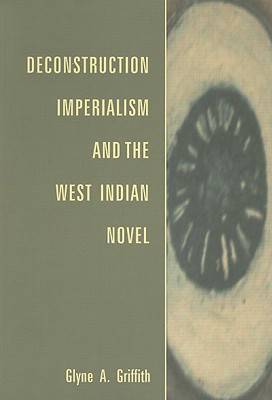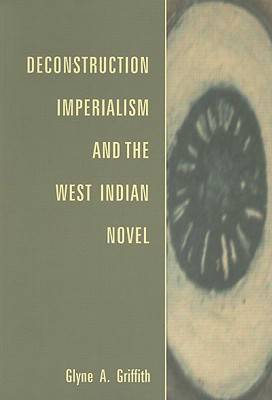
- Afhalen na 1 uur in een winkel met voorraad
- Gratis thuislevering in België vanaf € 30
- Ruim aanbod met 7 miljoen producten
- Afhalen na 1 uur in een winkel met voorraad
- Gratis thuislevering in België vanaf € 30
- Ruim aanbod met 7 miljoen producten
€ 38,45
+ 76 punten
Omschrijving
This book provides an analysis of the West Indian novel in the context post- structuralism. The author sets up a dialogue between West Indian intellectual practice as exemplified by thinkers such as George Lamming, C. L. R. James, and E. Kamau Brathwaite, and the discussions privileged by Foucault and Derrida as they examine what might be called the will to identity. The work demonstrates that many West Indian novels implicitly prefigured deconstructive practice as elucidated by Jacques Derrida. In addition, it observes that the powerful hegemony of imperialism, as ubiquitous in the Caribbean as the tropical sunshine, needs to be included in any aesthetic equation which focuses on the West Indian novel. As such, Michel Foucault's critique of power and epistemic violence is interwoven with Derrida's analyses of a metaphysics of exclusion. Eschewing a chronological approach, the work concludes with textual analyses which provide the reader with insight into theory as well as practice.
Specificaties
Betrokkenen
- Auteur(s):
- Uitgeverij:
Inhoud
- Aantal bladzijden:
- 171
- Taal:
- Engels
Eigenschappen
- Productcode (EAN):
- 9789766400125
- Verschijningsdatum:
- 1/01/1996
- Uitvoering:
- Paperback
- Formaat:
- Trade paperback (VS)
- Afmetingen:
- 150 mm x 226 mm
- Gewicht:
- 249 g

Alleen bij Standaard Boekhandel
+ 76 punten op je klantenkaart van Standaard Boekhandel
Beoordelingen
We publiceren alleen reviews die voldoen aan de voorwaarden voor reviews. Bekijk onze voorwaarden voor reviews.










